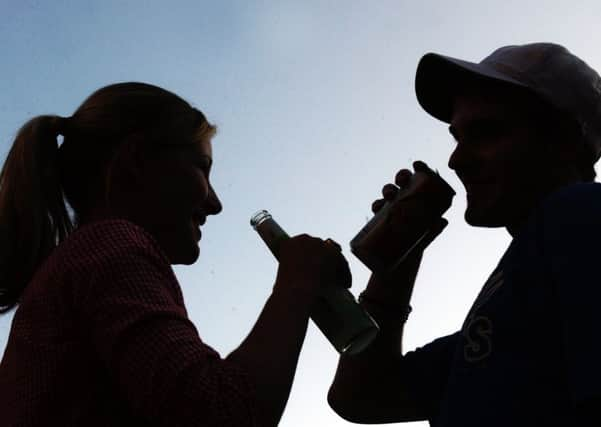Police in '˜no doubt' officers need alchohol search powers


The government has been consulting on the issue following a decision last year to scrap the controversial police tactic of “consensual” stop and search.
Police Scotland said there was a need for a period of “evidence gathering” of at least six months once a new code of practice is introduced.
Advertisement
Hide AdAdvertisement
Hide AdBut it said the removal of non-statutory stop and search would result in a “significant change” to policing which may yet require to be addressed through legislation.
Tam Baillie, Scotland’s Children and Young People’s Commissioner, said it was neither “necessary or desirable” to create a new statutory search power, with existing powers of seizure “sufficient”.
Responding to the government consultation, Police Scotland said: “There is no doubt that police officers require to have sufficient powers to allow them to intervene and recover alcohol from children and young people. The removal of consensual searching is a significant change to legacy policing practice. After the evidence gathering phase is complete and should it support the need for a power of search, Police Scotland would seek that the Scottish Government consider a conditional power to search children and young people, to be used only after a person refuses to surrender the alcohol on requirement to do so by an officer.”
At present, officers can confiscate alcohol from under-18s but have no specific power to search for it.
Kath Murray, a criminal justice researcher and an expert on stop and search, said: “Police records indicate that most underage alcohol detections result from existing powers of seizure, not stop and search. It’s also striking that stop and search detection rates are lower amongst young people, compared to older age groups.
“In other words, searching young people for alcohol doesn’t appear to be particularly effective.”
A Scottish Government spokesman said it was important to get the “balance right” on the issue.
He said: “We must ensure the police have the powers they need to safeguard and protect the safety and wellbeing of young people, while at the same time we must ensure that we are protecting the rights of the individual.”